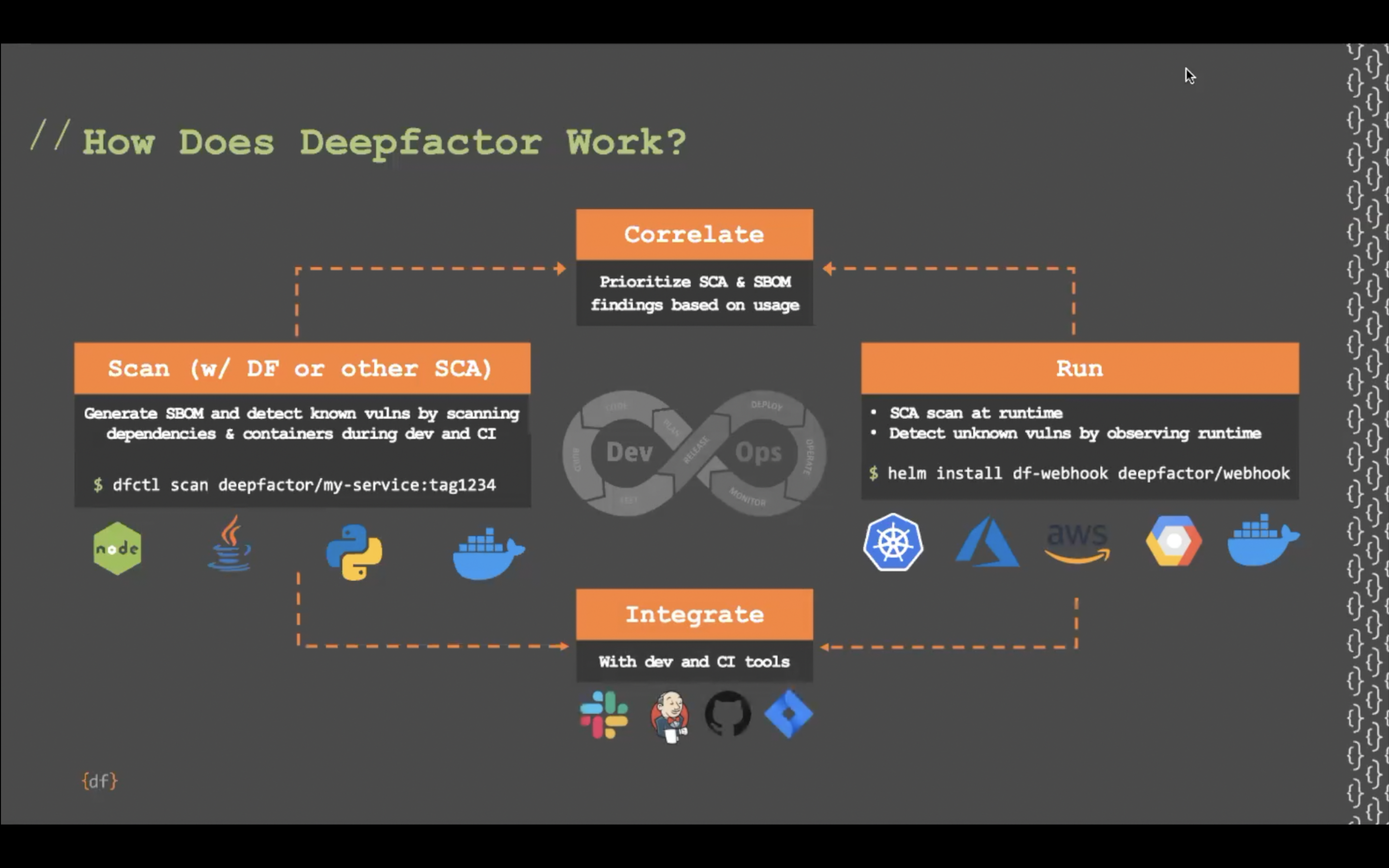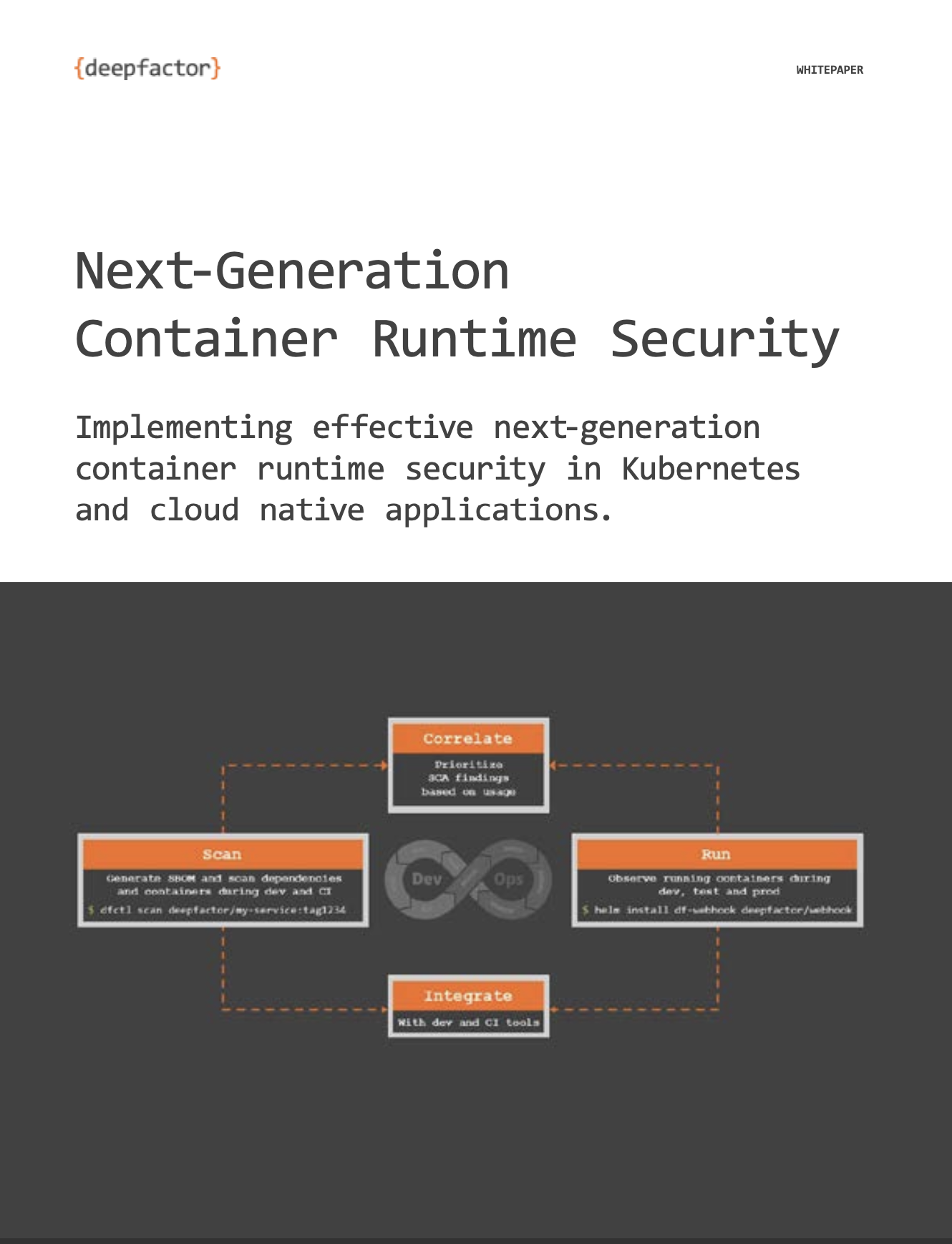
Software Composition Analysis (SCA) tools play a crucial role in identifying and managing vulnerabilities in open source components and third-party libraries within software applications. These tools scan codebases and container images, analyze dependencies, and flag potential security vulnerabilities and licensing issues. While SCA tools are highly valuable for ensuring application security and compliance, they can also overwhelm engineering and application security teams with too many false positives, causing alert fatigue. In this whitepaper, we will outline the historical problems with legacy SCA tools and offer new ideas to remedy these shortcomings.


